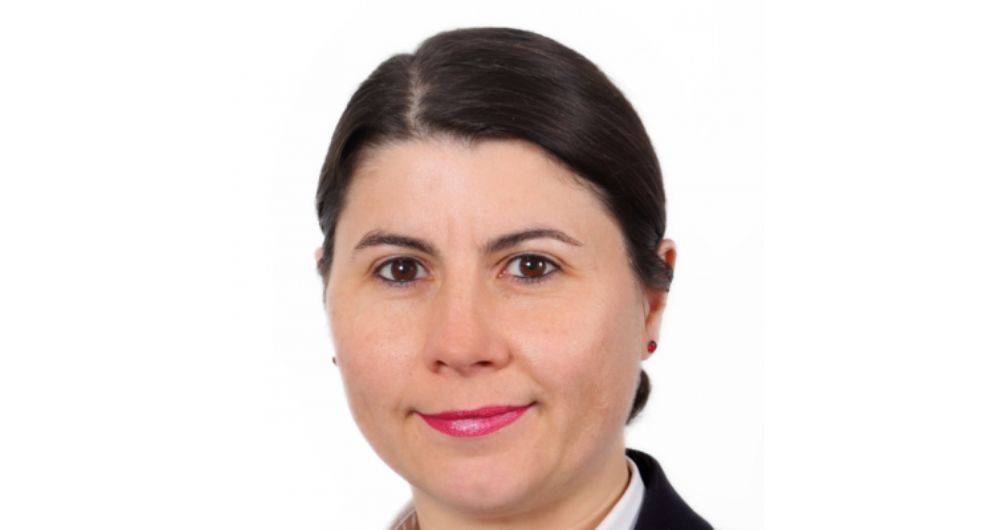
Dr. Georgiana Ifrim is an Associate Professor at the School of Computer Science, UCD, co-lead of the SFI Centre for Research Training in Machine Learning (ML-Labs) and SFI Funded Investigator with the Insight Centre for Data Analytics and VistaMilk SFI Centre. She holds a PhD and MSc in Machine Learning, from Max-Planck Institute for Informatics, Germany, and a BSc in Computer Science, from University of Bucharest, Romania. Her research focuses on effective approaches for large scale sequence learning, time series classification and text mining. She has published more than 40 peer-reviewed articles in top ranked international journals and conferences and holds senior positions in the program committees for IJCAI, AAAI and ECML-PKDD, as well as in the editorial board of the Machine Learning Journal, Springer. Most of her research group’s work is released as open source data and software to encourage research reproducibility: https://github.com/mlgig
Did, or do you face any challenges as a woman in your field and how have you overcome them?
I think the biggest challenge has been becoming a parent and trying to stay afloat in my career. In many cases my male colleagues had stay-at-home or part-time working partners, which was not an option for me.
I was lucky enough to get a postdoc position right after my PhD and have an advisor who was supportive, even when I had to go on maternity leave a few months after starting my contract. Having paid maternity leave was absolutely necessary for me and living in Denmark at that time this support was available. The first few years with a young child are very challenging, and I managed that by hiring child support after 8 months of maternity leave and working less hours in the first few months of coming back to work. This being said, I was working very focused, so I think I got a lot done in 6h each day, because I knew that is my window of opportunity to work focused on my career, after which I had to switch to parent mode. A supportive partner is also a must, to manage to juggle the parenthood with early research career years, and any help you can get from family and friends. Financial support is of course key in this difficult period, and this is likely the main reason many women leave their career path after having children. An amount of stubbornness to keep going is also useful 😊.